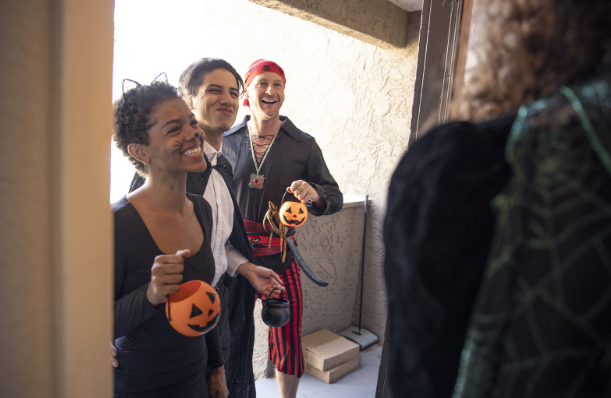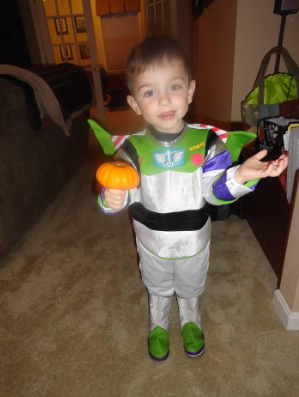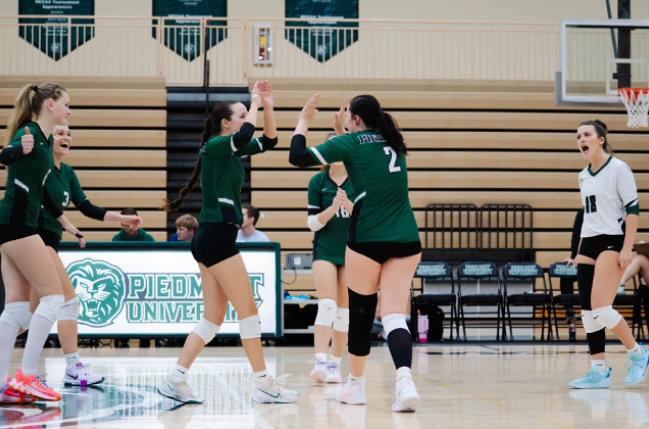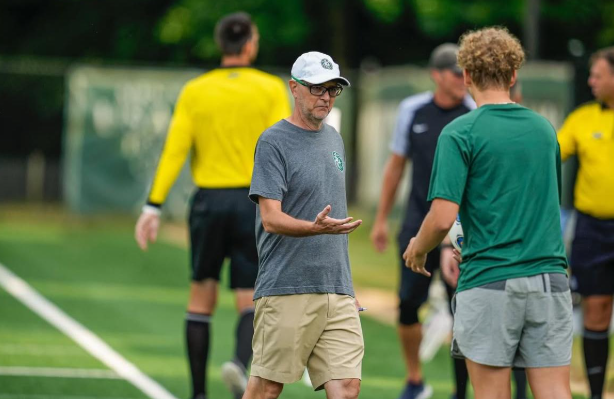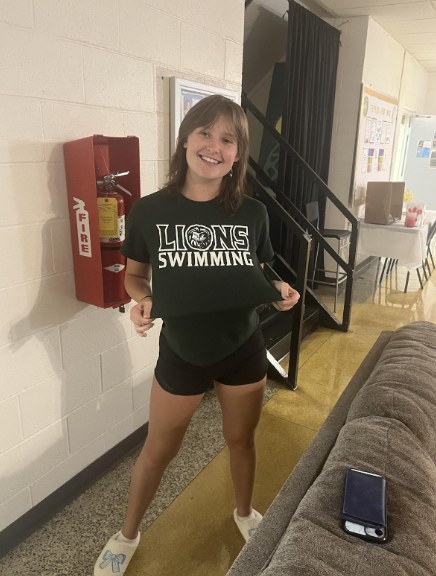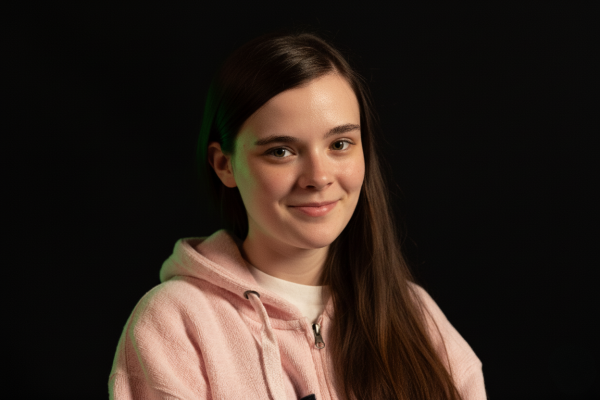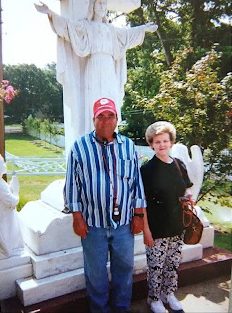
When I was 12, I spent my days sitting on a rotting couch, playing on my 3DS. My grandmother would sit beside me and watch the televangelists on TV beg and plead for the weary to send money to them, promising them that their funds would help assist with the “return of Jesus Christ.”
Even though I was fully engaged with the poor-quality Animal Crossing game that would barely load on my refurbished 3DS, I could tell that my grandma was fascinated. Fascinated in a way I had never seen before.
I couldn’t help but feel a chill run down my spine as I heard the desperate pleas of the televangelists. I was too young to understand how their words affected my grandmother, but I knew their actions were wrong.
My mom had noticed before I did. She would storm into the living room and raise her voice to an octave I had never heard before, demanding to know why my grandmother was sending her hard-earned money to the “scammers on the TV.”
I don’t remember what my grandma would say in response. I just know that the televangelists would start to irritate me, too. It angered me that she would send money to these strange men who would beg on the TV.
After a few disturbing conversations, my grandma started sending more money to the televangelists in poorly hidden envelopes. I always saw them sitting on the coffee table, but I never said anything. I don’t know if I should have.
Slowly but surely, my grandma started draining her bank account. She started going to bed earlier and earlier, sometimes going to bed as early as 4:30 in the afternoon. She wouldn’t eat. She’d lock herself in her room, with only her small white terrier to keep her company.
On one fateful night in February 2016, the world came to a halt for just a moment. A loud sound ricocheted off the walls, but it was a sound only her dog would hear.
The morning after, my mother discovered that she had passed away. My grandma had committed suicide in the middle of the night, and none of us had heard.
I remember being in shock. I didn’t know what to do except stand outside in the yard with my grandma’s white terrier. My bare feet ached as I stood outside for hours, waiting for the police to finish their investigation. Staring into the sky, looking for answers.
The poor dog yipped throughout the day, standing at my feet. I yearned to comfort the old dog, knowing she had witnessed something horrific. Something out of a horror movie. Her white fur was stained with red.
I knelt and stroked her head, feeling her fear. I whispered words of reassurance in her ear, trying to offer her comfort. I held her close, feeling her warmth against my body.
After my grandma passed away, I stayed out of school for nearly a week. Her death was posted in several newspapers and publicized on news websites for the public to speculate. It’s sickening to look back at the articles, even now.
I was overwhelmed by the attention her passing caused. I was too embarrassed to return to school and face my teachers and friends. I was also scared that I would break down and cry in front of everyone.
I was also ashamed that I didn’t recognize the signs before it was too late.
Looking back, I see the moments that should have been alarming. The distant stares, the quiet apologies, the way her laughter lessened in those last months. But I was too young to understand.
I only knew that she was my grandmother. I thought she’d always be there.
After years of therapy, I understand that I will never know if I could have saved my grandmother. But now I know I can be a listener. I can ask difficult questions. I can support others.
I will remember her–the warmth of her brittle hands, the sound of her nasal voice, the love that existed even in her pain.
Older adults make up 12% of the US population but account for 18% of all suicide deaths. That number isn’t just a statistic. It’s my grandmother.
It’s someone else’s grandfather, mother, best friend. We don’t talk about their pain enough.
We don’t ask enough. I wish I had.
But now, I listen. I understand. I grieve.


